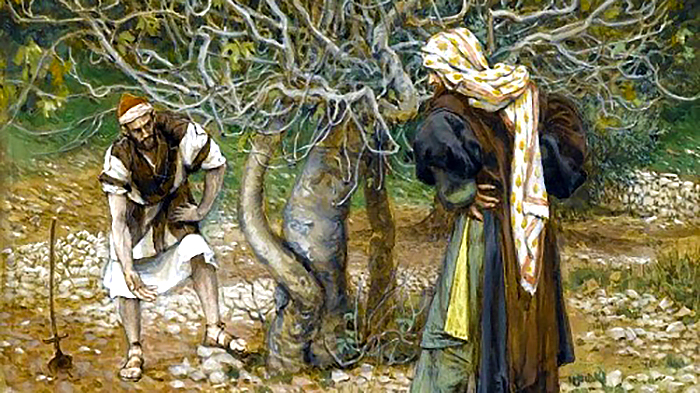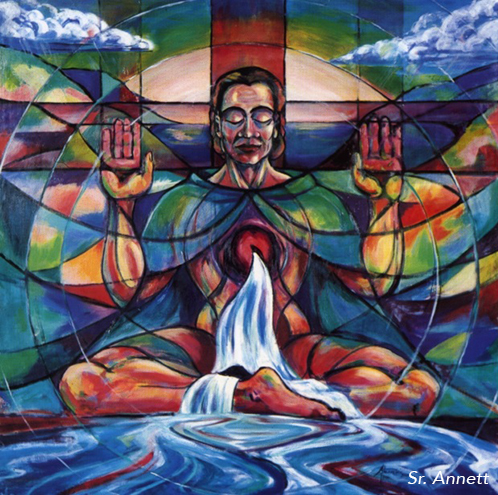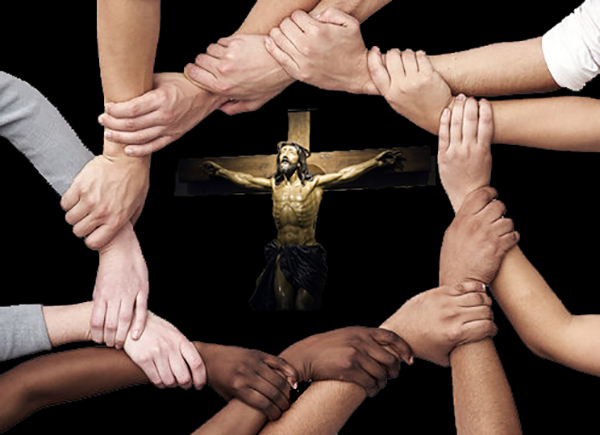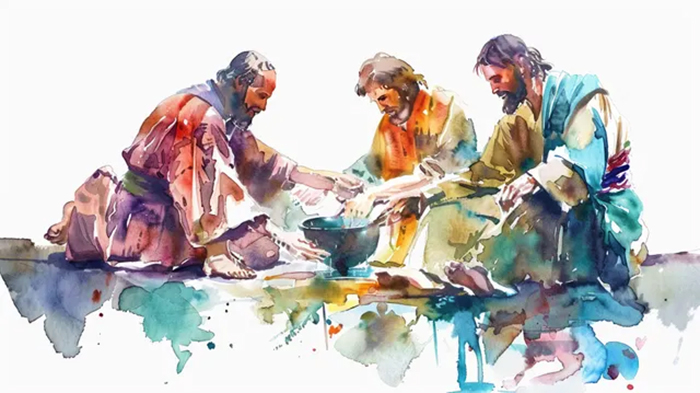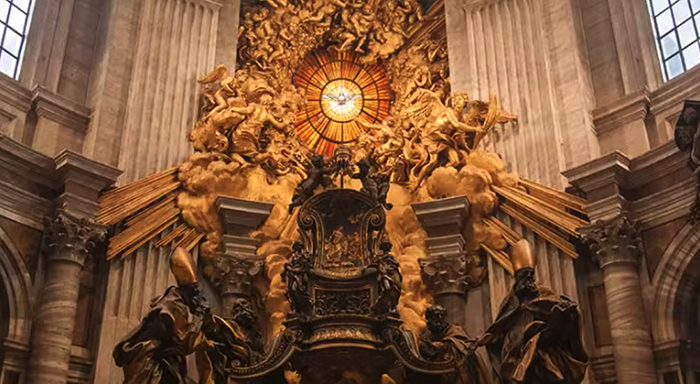1) Be grateful…never look a gift universe in the mouth! Resist pessimism and false guilt. To be a saint is to be warmed by gratitude, nothing less. The highest compliment you can give a gift-giver is to thoroughly enjoy the gift. You owe it to your Creator to appreciate things, to be as happy as you can. Life is meant to be more than a test. Add this to your daily prayer: Give us today our daily bread, and help us to enjoy it without guilt.
2) Don’t be naive about God… God will settle for not less than everything! God doesn’t want part of your life; God wants it all. Distrust all talk about the consolation of religion. Faith puts a rope around you and takes you to where you’d rather not go. Accept that virtue will give you a constant reminder of what you’ve missed out on. Take this Daniel Berrigan counsel to the bank: “Before you get serious about Jesus, consider carefully how good you’re going to look on wood!”
3) Walk forward when possible…or at least try to get one foot in front of the next! See what you see, it’s enough to walk by. Expect long periods of confusion. Let ordinary life be enough for you. It doesn’t have to be interesting all the time. Take consolation in the fact that Jesus cried, saints sinned, Peter betrayed. Be as morally stubborn as a mule; the only thing that shatters dreams is compromise. Start over often. Nobody is old in God’s eyes; nothing is too late in terms of conversion. Know that there are two kinds of darkness you can enter: the fearful darkness of paranoia, which brings sadness, and the fetal darkness of conversion, which brings life.
4) Pray…that God will hang on to you! Distrust popularity polls. Trust prayer. Prayer grounds you in something deeper. Be willing to die a little to be with God since God died to be with you. Let your heart become the place where the tears of God and the tears of God’s children merge into the tears of hope.
5) Love…if a life is large enough for love, it’s large enough! Create a space for love in your life. Consciously cultivate it. Know that nothing can be loved too much. Things can only be loved in the wrong way. Say to those you love: “You, at least, shall not die!” Know there are only two potential tragedies in life: Not to love and not to tell those you love that you love them.
6) Accept what you are…and fear not, you are inadequate! Accept the human condition. Only God is whole. If you’re weak, alone, without confidence, and without answers, say so; then listen. Accept the torture of a life of inadequate self-expression. There are many kinds of martyrdom. Recognize your own brand. If you die for a good reason, it’s something you can live with!
7) Don’t mummify…let go, so as not to be pushed! Accept daily deaths. Don’t seize life as a possession. Possessiveness kills enjoyment, kills relationships, and eventually kills you. Let go gracefully. Name your deaths, claim your births, mourn your losses, let the old ascend, and receive the spirit for the life you’re actually living. Banish restless daydreams; they torture you. Keep in mind that it’s difficult to distinguish a moment of dying from a moment of birth.
8) Refuse to take things seriously…call yourself a fool regularly! God’s laughter fills the emptiness of our tombs. Keep in mind that it’s easy to be heavy, hard to be light. Laughter is a direct insult to the realism, dignity, and austerity of hell. Don’t confuse sneering with laughter. Laugh with people, not at them. Laugh and give yourself over to silliness; craziness helps too, as does a good night’s sleep.
9) Stay within the family … you’re on a group outing! Don’t journey alone. Resist the temptation to be spiritual, but not religious. Be “born again”, regularly into community. Accept that there are strings attached. The journey includes family, church, country, and the whole human race. Don’t be seduced by the lure of absolute freedom. Freedom and meaning lie in obedience to the community: community humbles, deflates the ego, puts you into purgatory, and eventually into heaven.
10) Don’t be afraid to go soft…redemption lies in tears! All of Jesus’ teachings can be put into one word: Surrender. If you will not have a softening of the heart you will eventually have a softening of the brain. Hardness pulls downward. Softness rises. A bird can soar because a bird is soft. A stone sinks because it’s hard. Fragility is force. Sensitivity defines soul. Tenderness defines love. Tears are salt water, the water of our origins.
– Fr. Ron Rolheiser, “Guidelines for the Long Haul,” April 2013.
